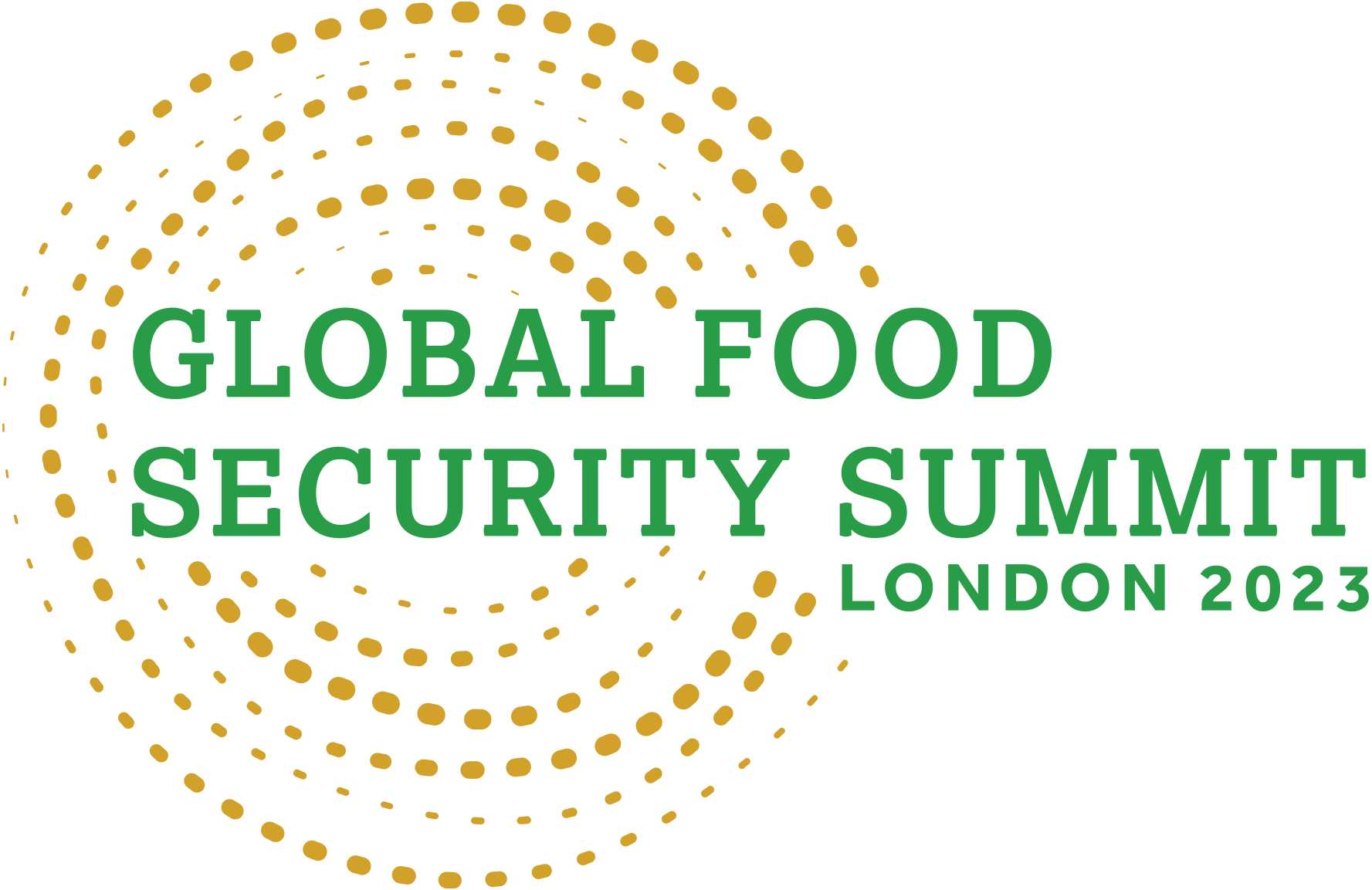SESSION 1: New approaches to ending preventable deaths of children
This strand focuses attention on childhood malnutrition – that is life-threatening, limits potential, and is preventable. It will galvanise support for new ways of saving lives, preventing malnutrition and prioritising investment in maternal and child nutrition, including the reform of systems and institutions. Co-chaired by the UK and UNICEF, this discussion will focus on the overarching questions of:
- How do we shift the dial from treatment to prevention of malnutrition?
- What should we do differently to bring down the caseload and make lasting progress?
- How can we close the finance gap and optimise funding for greater impact?
SESSION 2: Science and technology to accelerate progress towards food security and nutrition
Agricultural innovation has the potential to unlock substantive growth in the Global South, reduce global food prices, tackle hunger and enable healthier diets. It is also essential for tackling climate change and nature loss. This strand will showcase collaborative science and research partnerships that accelerate progress towards greater food security and nutrition, including cutting edge British science and leadership. This discussion will focus on:
- What are examples of best practice in evidence and innovation for food and nutrition?
- Where should we look for next big opportunities to accelerate progress on hunger prevention? How can we make the most of the technological advances and innovations in genetic engineering, digital/AI and nature-based solutions?
- How can we deepen collaborative science partnerships to accelerate action?
LUNCH
SESSION 3: Anticipating and preventing famine and food security crises
Some 50% of humanitarian crises are predictable yet only 1% of humanitarian funding globally is allocated ahead of these crises to mitigate and prevent the worst impacts. Conflict has become the predominant factor causing acute food insecurity, while climate-related disasters are driving increased levels of risks. This discussion will explore multidimensional approaches to tackling these challenges with particular focus on:
- What can we learn from, and what good practices can be adopted, to anticipate and act early to prevent food insecurity in conflict settings, while supporting resilience?
- How can access to climate adaptation finance & shock responsive social protection be improved to support anticipatory action and resilience building in states most at risk?
- How can we strengthen compliance with International Humanitarian Law in preventing hunger, how can UN SC Resolution 2417 on conflict & hunger be better implemented?
SESSION 4: Building a climate-resilient and sustainable food system
Sustainable agriculture is key to food security, healthy diets, livelihoods, and national incomes. It provides jobs for 27% of the global workforce and added US$3.5tn to the global economy in 2019. Yet, these benefits are increasingly undermined by climate change and environmental degradation, causing extreme vulnerability particularly in countries contributing least to climate change. In collaboration with the UAE COP28 Presidency, this discussion will focus on:
- What policy action and investments are countries and other actors taking to drive their transition to climate-resilient, sustainable agriculture and food systems?
- How do we build international commitment and effective partnerships for wider food systems transformation that delivers for people, planet and prosperity?
- How can we learn from ongoing initiatives that catalyse and leverage greater ambition and private sector investment for sustainable agriculture and food security?
